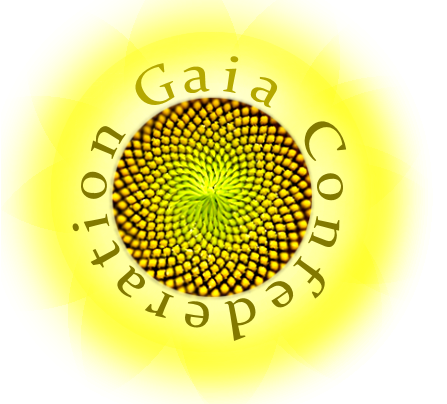I agree fully with Elias about his statements below which I consider to be very, very important:
As to motivation … For in association with shifting and discovering or identifying truths, your movement is changing. What you are familiar with, what you are accustomed to is goals. You set a goal, you set an ideal, you focus upon a wanted outcome and that is the focal point, and that motivates you to accomplish achieving that goal or that outcome.
What is shifting in perception and being misinterpreted as a lack of motivation with many individuals is the unfamiliarity of generating more importance in relation to the process than the outcome. In paying attention to the process, which is associated with what your desire is — to be more aware of yourselves and intentionally creating what you want — the outcome becomes unknown. Therefore, the process becomes ultimately important.
For you may engage an idea of what you want, but what you genuinely want is to be generating the awareness to create your reality intentionally entirely in association with what you want — THAT is the genuine desire. That can be expressed and developed in many, many different manners, and not necessarily always comfortable, for that choosing aspect of you does not distinguish between comfort or the lack of comfort. What it moves toward is whatever is most efficient to gain your attention.
Therefore, whether an expression is comfortable or not, if it is efficient and if it gains your attention quickly, that is what you will choose.
You can think of many, many, many expressions that you want, but in relation to any of them the desire to be intentionally creating and aware of creating is greater than any of the individual wants that you may want to create. You may want a particular employment, you may want not to be employed, you may want to engage a particular action, you may want to create a relationship, you may want to create money — yes, these are all valid wants. But the greater want is to understand and know HOW to be directing yourself intentionally to create those WHEN you want.
That opens the door to choice, and choice presents your freedom. For once you recognize that you incorporate choice in every situation, in every moment, that you are not locked to one expression or one direction, that within any scenario — within every scenario — you incorporate choices, not one choice but many choices, there lies the seat of you directing yourself intentionally and allowing you to create what you want WHEN you want it. Not futurely, not anticipating: “Some day I shall arrive. Some day I shall incorporate the ability to create this. Eventually I shall incorporate the ability to create what I want.” No.
Now , in this moment, I can create what I want, for I am aware of what influences me and I am aware that I incorporate choices. It is not black and white. I am not hidden from myself. I am also acknowledging of myself and my guidelines, for they are what allow me to create what I want” — not that I discount myself in incorporating these guidelines, not that they are bad.
Not justification — terrible word; very, very bad. No, it is not. It can be, but it is not.
Respect — very, very bad; incorporates tremendous judgment. This is very bad. “I should not be judgmental of other individuals. I should be…” Should, should, should, should!
Image — “I should, should, should. I should present myself in this manner. I should appear in this manner. I should express in this manner. I should not express in that manner. I should be aware of how I present myself physically and mentally and interactively. I should be aware of how I present myself in attractiveness or not attractiveness. My form, my thoughts, my speaking.” Many, many, many shoulds!
Elias: Session 1979 Identifying Core Truth
Paul’s note about belief-systems: the following are the ten primary belief systems according to Elias. (1) He adds that there are many, many, many aspects to each belief system. However, these are not discrete, separated parts, but primary aspects that all work together seamlessly in the conscious mind of every individual. For example, aspects of the belief system of duplicity are present, in varying degrees, in each of the other nine.
- Relationships (interpersonal/intrapersonal = self/other)
- Duplicity (morality/ethics)
- Sexuality (sexuality/gender/orientation/preference)
- Truth (relative truths/Absolute Truth)
- Emotion (emotional/feeling)
- Perception (perceptual/attention)
- The senses (inner/physical sensing)
- Religious/spirituality (exoteric/esoteric)
- Scientific/elements of physical reality (scientific/rational)
- Physical creation of the universe, including accidents and coincidences (creation mythos)


